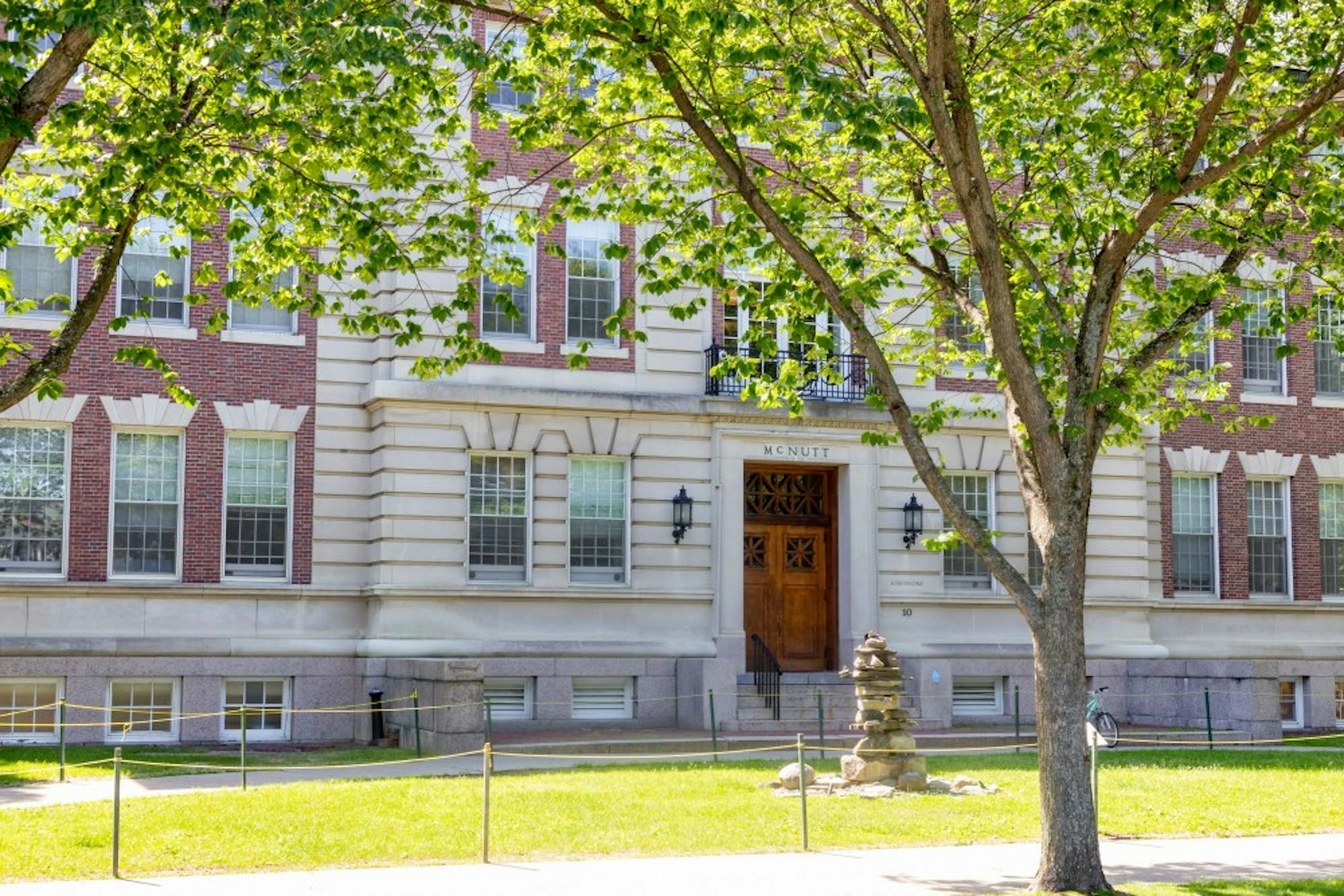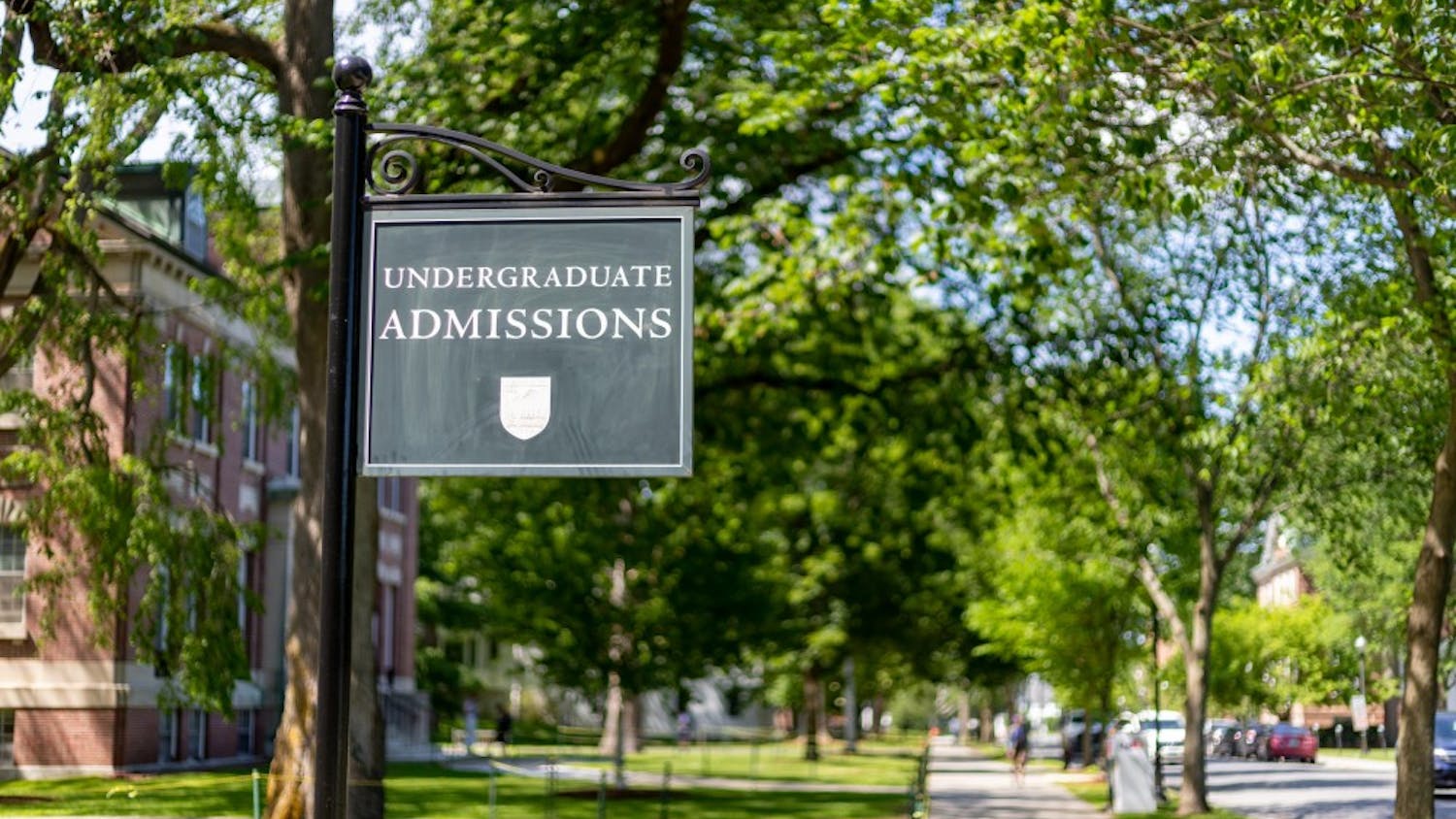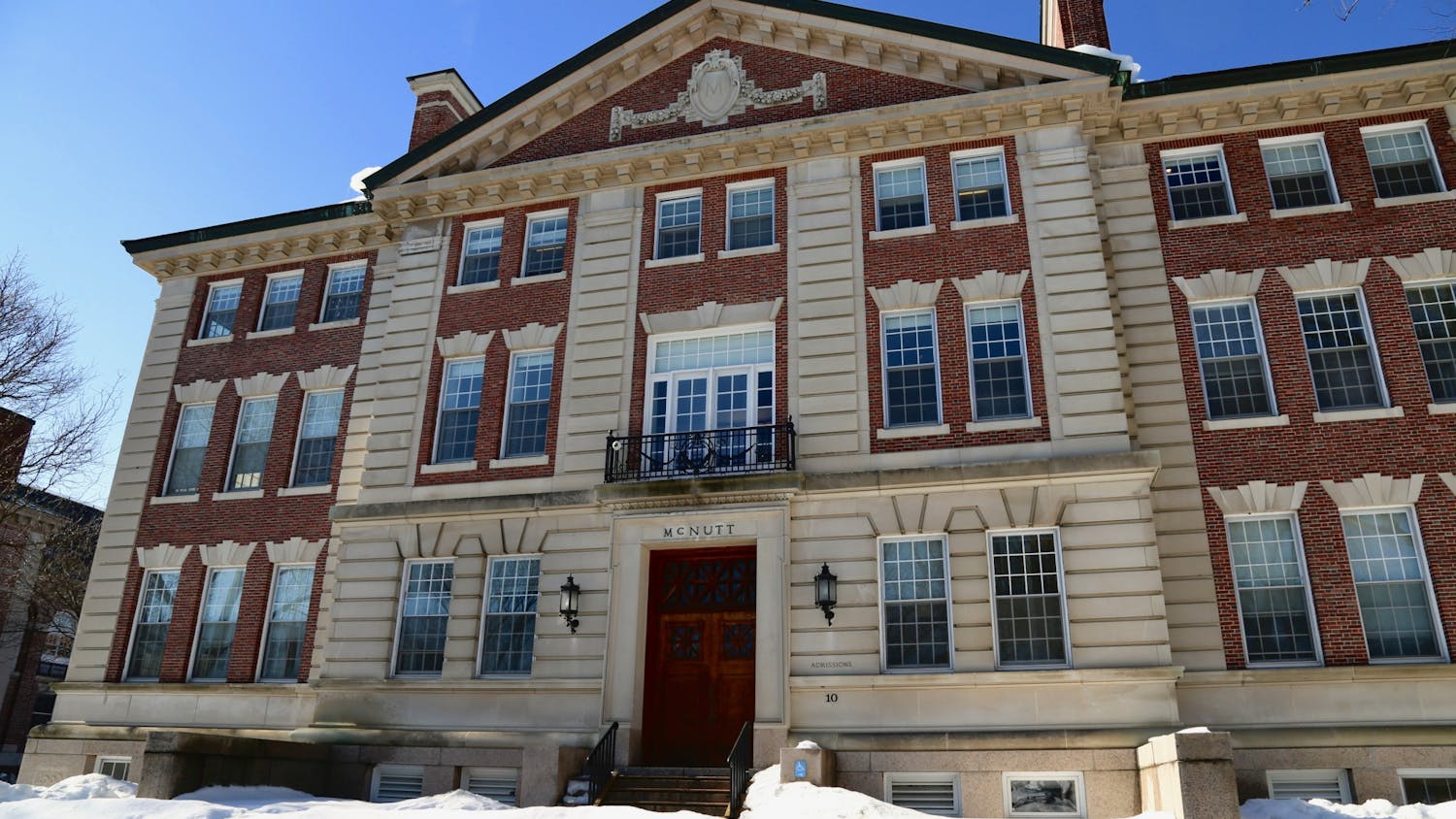Nearly 2,000 students accepted to the Class of 2024 must decide by today whether to spend their next four years at Dartmouth. With social distancing orders making campus tours challenging and the possibility of a remote fall term lurking, prospective students face uncertainty.
Amogh Pande ’24, who was admitted regular decision, said that prospective students may have applied to a different set of schools or visited schools earlier if they had known shelter-in-place orders were on the way.
“We applied before the pandemic really broke out in the United States,” Pande said. He added that he believes a lot of his peers would have only applied to local schools or schools they had already visited if they had known what was coming.
“You might find yourself in an awkward position where you are presented with offers that you can’t really research as much as you would want,” he said.
Additionally, the possibility of a remote fall term has led some members of the Class of 2024 to consider taking gap years that they did not originally intend to take.
Although the deadline for gap year applications is June 1, dean of admissions and financial aid Lee Coffin said that this deadline will be “elastic” for students whose academic plans are contingent on the nature of the fall term.
“I can’t imagine that we won’t be responsive to students that step forward and say, ‘This isn't what I wanted,’” Coffin said.
Coffin also said that the admissions office is trying to determine what will happen in the case that a greater than average number of students from the Class of 2024 choose to take gap years.
“A typical freshman class would be 1,150 [students], so if people [take a gap year] from ’24 into ’25, we’re not going to add to that class,” Coffin said. “So I think that’s the big question from students and guidance counselors … We don’t know what’s going to happen.”
Cameron Adler, a high school junior at Sidwell Friends School in Washington D.C., said that he worries that the already competitive application process may become even tougher.
“The current seniors might take more gap years,” Adler said, “which would lessen the number of accepted students from my grade, potentially. And that’s concerning for me.”
For members of the Class of 2024 considering taking a gap year, the factors involved in the decision are different for every student.
Jill Cervantes, chair of the post-high school counseling department at New Trier High School in Winnetka, Ill., said that some of her students are more directly impacted by the threat of COVID-19 than others.
“Some students may just have a general fear of joining a campus community next year because of what’s going on,” Cervantes said. “But some students are immunocompromised, or have family members that are, and this is a more present and real fear for them, and I hope they will ask their colleges for flexibility around that.”
Sawyer Hall ’24, who was admitted regular decision, said that he is considering a gap year, but he plans to make his decision based on whether or not Dartmouth classes will be remote during the upcoming fall and winter terms.
“I think if it was less than half the year, I would still plan on enrolling in the fall,” Hall said. “But if it was into winter or next spring, then I would take a gap year.”
Coffin referred to this group — students who would take a gap year should fall term be remote — as the “if cohort.”
He added that his concern is if a lot of people decide to take a gap year, the school may put a cap on the number of students newly admitted to the Class of 2025.
Pande said that he understands why many of his classmates are considering gap years, though he said that he has no intention of taking one, even if the fall term is remote.
He said that were he to take a gap year this year, he would not be able to gain the “new and meaningful experiences” often associated with a gap year due to the COVID-19 crisis.
“People want to take a gap year so they can spend all four years at Dartmouth and have a full college experience, but on the flip side, if they do take a gap year during this time, they can’t really do anything — they’re just stuck at home.”
Coffin said that in addition to gap years, there are other factors that will affect the admissions process for the Class of 2025. Since it may be difficult to reach current high school juniors, Coffin said that fewer students may apply.
Despite the challenges, Coffin said that he and other staffers have gotten creative in order to represent Dartmouth to both prospective ’24s and potential ’25s, building on their existing online platforms in order to remotely provide information to students.
For example, the Dimensions program, which is typically held on campus during two weekends in April, was replaced with a variety of online programming for every day of the month. Remote programming has included a virtual dimensions show, remote tours, info sessions and Zoom classes.
Tour guide Snghyun Byon ’22 said that tour guides have continued working remotely, holding programming like Zoom tours that allow prospective students to ask personal questions, as well as photo and video compilations of the tour guides’ own Dartmouth experiences.
Byon said that she thinks the admissions office’s remote work has been helpful for future students but that it has been difficult replicating the personal experience provided on campus.
“It’s been kind of odd,” said Byon. “A lot of our work is [usually] in person.”
Pande, who was admitted regular decision, said that he has appreciated the online programming. He added, however, that he has also been to campus in-person, and the virtual events were not the same as being in Hanover.
“I don’t think it can replace the ability to walk on a campus and be there, but Dartmouth is doing a really good job,” Pande said.
Hall noted that although he had been able to visit campus, decision-making was especially difficult for his peers who had never been to campus. He said that one of his friends had never been to Dartmouth, and so she made her decision based on the “reputation of the school.”
Hall added that he had also attended various remote events and enjoyed them, including one by the Magnuson Center for Entrepreneurship and a talk on astronomy.



